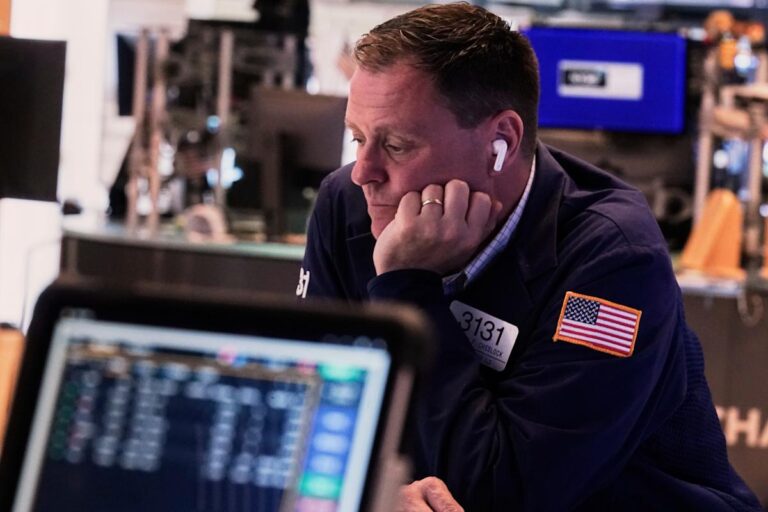Stocks have bounced sharply off their spring lows following Trump’s “Liberation Day” tariff announcements, and some Wall Street pros say the worst may be over, setting the stage for a relatively calm summer session.
“The volatility is going to continue. … But I think the extreme volatility is behind us,” Solidarity Capital CEO Jeff McClean told Yahoo Finance in an interview on Wednesday.
Between range-bound price action, a lack of clear direction from the Fed, and headline fatigue out of Washington, investors might be better off stepping away, according to McClean — at least until clearer signals emerge.
“This summer, volatility is going to be a bit more muted as people check out of the daily news that’s been triggering a lot of the tariff-related noise,” he said.
Since hitting its April low, the benchmark S&P 500 (^GSPC) has climbed roughly 20%, led by a swift rebound in beaten-down sectors like Communication Services (XLC), Consumer Discretionary (XLY), and Technology (XLK).
At close: June 6 at 5:00:02 PM EDT
Will McGough, deputy chief investment officer at Prime Capital Financial, echoed the view that markets may stay quiet through the summer, noting even long-term Treasury yields, a top concern in recent weeks, have remained mostly range-bound between 4% and 5%, despite ongoing noise out of Washington.
“My recommendation right now is to enjoy the summer,” he said. “There’s not really anything that’s going to get us excited about that range being broken substantially to the upside or downside,” he added, noting the lack of significant, near-term catalysts likely to move markets meaningfully.
Of course, plenty of events could keep investors busy in the coming months, from the Fed’s Jackson Hole symposium in August and a crucial tariff deadline in early July to upcoming Fed meetings shaping rate-cut expectations and the progress of Trump’s “big, beautiful bill” through the Senate.
But so far, traditional market drivers like earnings, economic data, and Fed policy are taking a back seat to politics.
“It’s a fascinating market environment,” McGough said. “D.C. is driving a lot of trickle-down effects through the stock market and with the fundamentals of stocks through trade policy.”
Read more: How to protect your money during turmoil, stock market volatility
Adding historical context, Sam Stovall, chief investment strategist at CFRA Research, noted the month of June tends to be weak for stocks with mild volatility. He described the current correction as “manufactured,” largely shaped by President Trump’s trade decisions.
Story Continues
